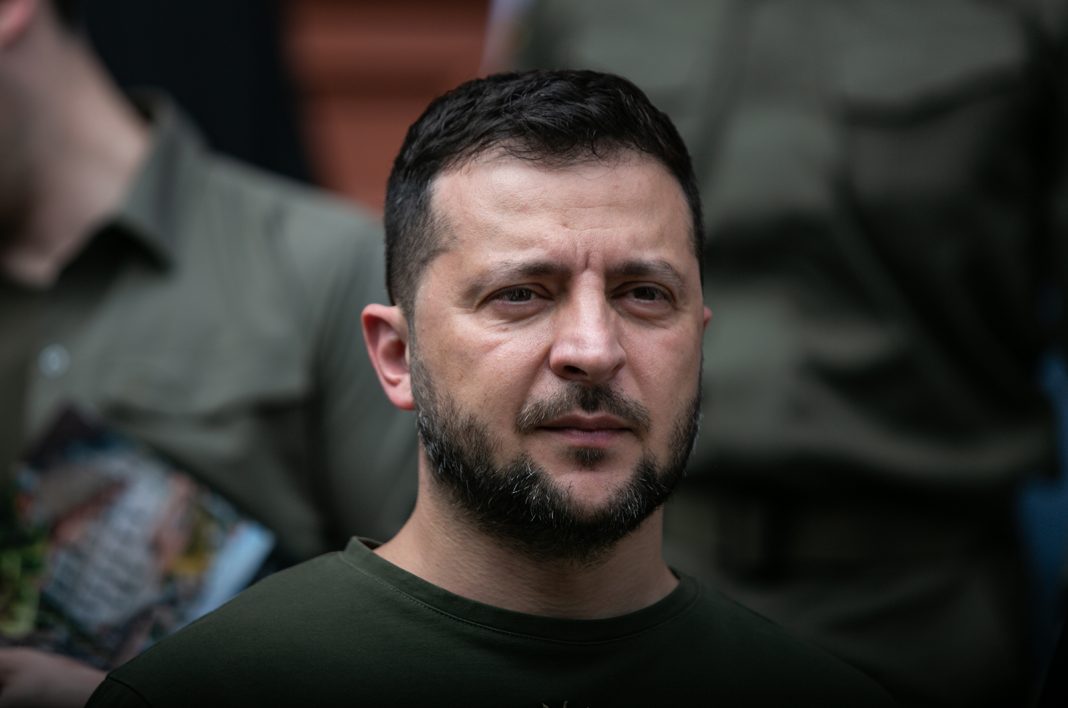“Our president has repeatedly said that President Zelensky definitely lost his legitimacy,” Peskov told journalists.
Another issue that “could seriously hinder the peace process” is Zelensky’s 2022 decree that “banned any Ukrainian head of state from engaging in talks with President Putin,” Peskov added.
Zelensky’s presidential term formally expired on May 20. He refused to hold an election in March, citing martial law which was imposed due to the conflict with Russia. He argued that his term was de facto extended in accordance with Ukrainian law.
Putin has stated several times in recent months that an analysis of the Ukrainian constitution and other legislation leaves no room for an interpretation that would allow Zelensky to remain in power.
Citing Article 111 of the Ukrainian constitution, Putin argued in May that Zelensky’s powers should have been transferred to the speaker of Ukraine’s parliament.
Speaker Ruslan Stefanchuk, however, has insisted that Zelensky is the legitimate head of state and that anyone who questions his legitimacy is “an enemy.”
Earlier on Wednesday, Chinese Foreign Ministry spokeswoman Mao Ning told journalists that Ukrainian Foreign Minister Dmitry Kuleba made it clear during a trip to Beijing that he is “ready and willing” to hold peace talks with Moscow.
Russia responded by saying it would wait for details on the Ukrainian position.
“We have not heard these statements from Kuleba himself,” Peskov said on Wednesday, adding that negotiations are preferable to continued hostilities.
Negotiations between Russia and Ukraine broke down in spring 2022, with each side accusing the other of making unrealistic demands.
